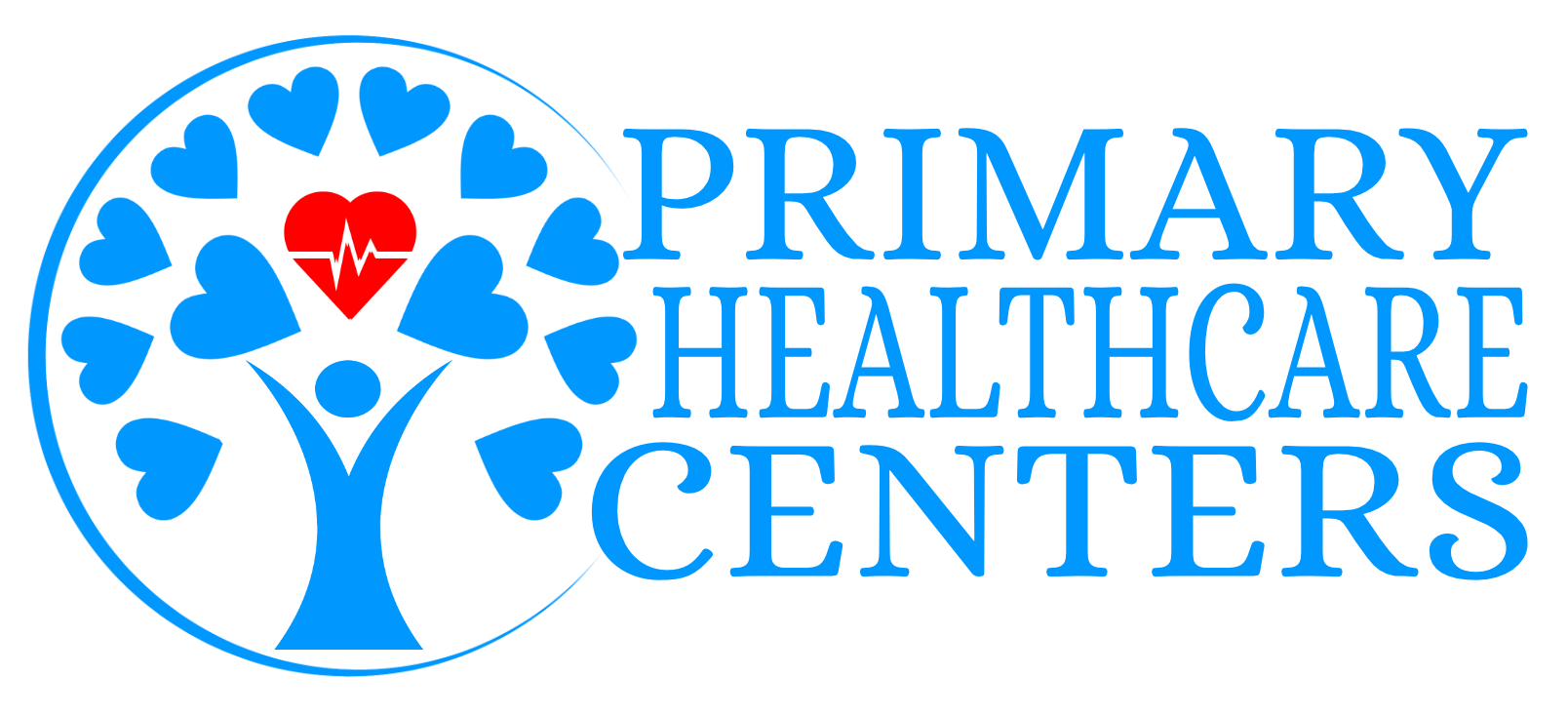Optimizing Gut Health
Most of us realize that the standard American diet contains too much processed food and not enough of the good stuff. In fact, the 'good stuff' can be responsible for creating a healthy gut environment which can affect the strength of the immune system. Think of your gut as the roots of a tree. If the tree doesn't start off with being watered and fed appropriate nutrients, the rest of the tree will be affected. The tree is your health and your body's performance and the good stuff, well...what's that?
Fiber.
The current average daily intake of fiber among adults in the United States is 15 grams while the goal is at least 25. The richest sources of fiber include:
The daily consumption goal for fruits and vegetables (8-9 servings per day) is challenging for most people to attain so starting small with 1 serving of each will begin to promote better health. Beans are also an affordable way to achieve your fiber (and protein) goals with 1 cup of some beans containing up to 15 grams!
Pre and Probiotics.
Studies show plenty of benefits of regularly including both pre and probiotics in the diet. Commonly referred to as foods that build 'healthy bacteria', sources of pre and probiotics include, respectively:
Benefits of regularly consuming pre and probiotics include reducing the incidence and duration of antibiotic-associated diarrhea, prevention of c.difficile disease for patients taking antibiotics, managing digestive discomfort (including IBS and ulcerative colitis), maintenance of normal bowel movements, assist with the eradication of H. pylori rates, reducing symptoms of colic in breastfed babies, improve tolerance of lactose maldigesters, treating acute pediatric infectious diarrhea, and reducing morbidity, mortality, or sepsis in preterm infants, including necrotizing enterocolitis.
Other benefits include contributing to the prevention and treatment of certain types of skin allergies, decreasing the risk or duration of common respiratory or gastrointestinal infections, weight management, managing high cholesterol levels, reducing recurrent vaginal infections, and improved calcium/magnesium absorption. In the event you are not a consumer of any of the above pre and probiotic food sources, there are supplements you can take over the counter. Work with a Registered Dietitian to determine which strains and level of CFUs (colony forming units) are right for you.
Danielle Townsend, Registered Dietitian Nutritionist
Fiber.
The current average daily intake of fiber among adults in the United States is 15 grams while the goal is at least 25. The richest sources of fiber include:
- Beans
- Lentils
- Fruits
- Vegetables
- Nuts and seeds
- Whole grains.
The daily consumption goal for fruits and vegetables (8-9 servings per day) is challenging for most people to attain so starting small with 1 serving of each will begin to promote better health. Beans are also an affordable way to achieve your fiber (and protein) goals with 1 cup of some beans containing up to 15 grams!
Pre and Probiotics.
Studies show plenty of benefits of regularly including both pre and probiotics in the diet. Commonly referred to as foods that build 'healthy bacteria', sources of pre and probiotics include, respectively:
- Bananas
- Asparagus
- Garlic
- Onions
- Yogurt (with live and active cultures)
- Kefir
Benefits of regularly consuming pre and probiotics include reducing the incidence and duration of antibiotic-associated diarrhea, prevention of c.difficile disease for patients taking antibiotics, managing digestive discomfort (including IBS and ulcerative colitis), maintenance of normal bowel movements, assist with the eradication of H. pylori rates, reducing symptoms of colic in breastfed babies, improve tolerance of lactose maldigesters, treating acute pediatric infectious diarrhea, and reducing morbidity, mortality, or sepsis in preterm infants, including necrotizing enterocolitis.
Other benefits include contributing to the prevention and treatment of certain types of skin allergies, decreasing the risk or duration of common respiratory or gastrointestinal infections, weight management, managing high cholesterol levels, reducing recurrent vaginal infections, and improved calcium/magnesium absorption. In the event you are not a consumer of any of the above pre and probiotic food sources, there are supplements you can take over the counter. Work with a Registered Dietitian to determine which strains and level of CFUs (colony forming units) are right for you.
Danielle Townsend, Registered Dietitian Nutritionist
